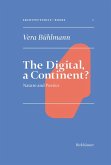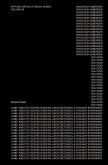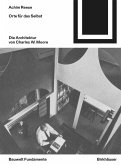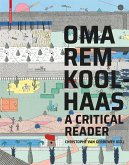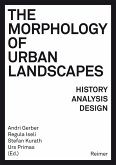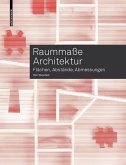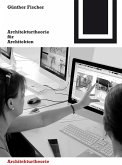In his 1979 essay
The Postmodern Condition: A Report on Knowledge philosopher Jean-François Lyotard noted that the advent of the computer opened up a stage of progress in which knowledge has become a commodity. Modernity and postmodernity appear as two stages of a process resulting from the conflict of science and narrative. As science attempts to distance itself from narrative, it must create its own legitimacy. This paper takes up this challenge with a focus on the question of imagery. The image is precisely what modern science seeks to free itself from in its quest for absolute transparency. This transparency is examined from the perspective of architecture, drawing on arguments from philosophy, quantum mechanics, theology and information theory.
- Natural science in the context of postmodernism
- Quantum mechanics and information theory
- New volume in the Applied Virtuality Book Series
Dieser Download kann aus rechtlichen Gründen nur mit Rechnungsadresse in A, B, BG, CY, CZ, D, DK, EW, E, FIN, F, GR, HR, H, IRL, I, LT, L, LR, M, NL, PL, P, R, S, SLO, SK ausgeliefert werden.



